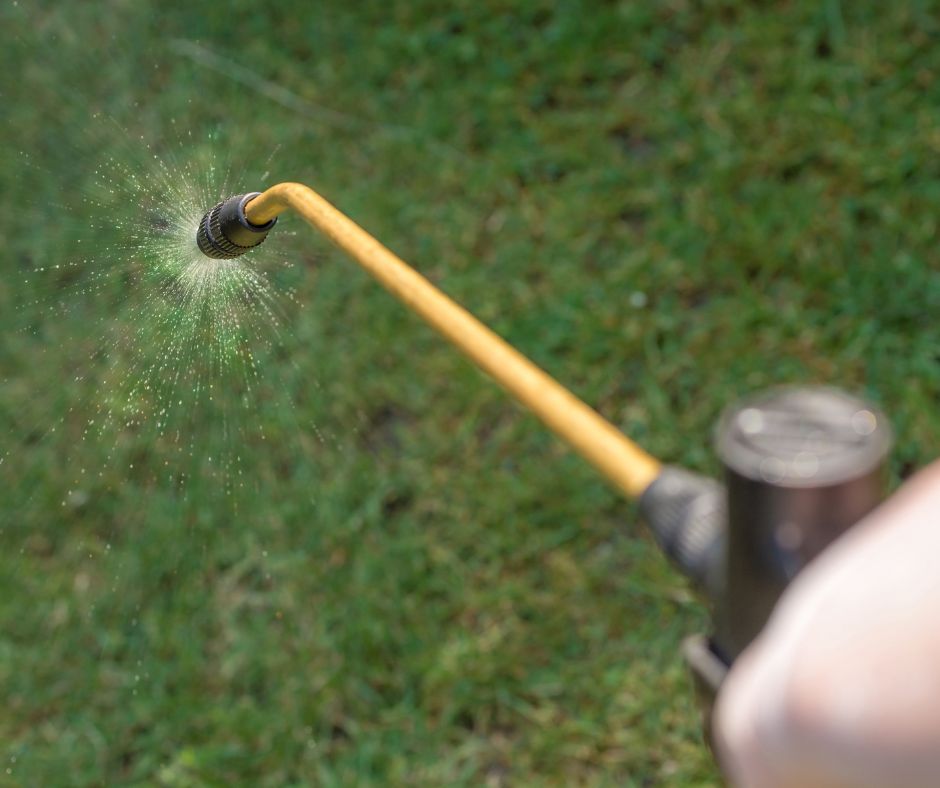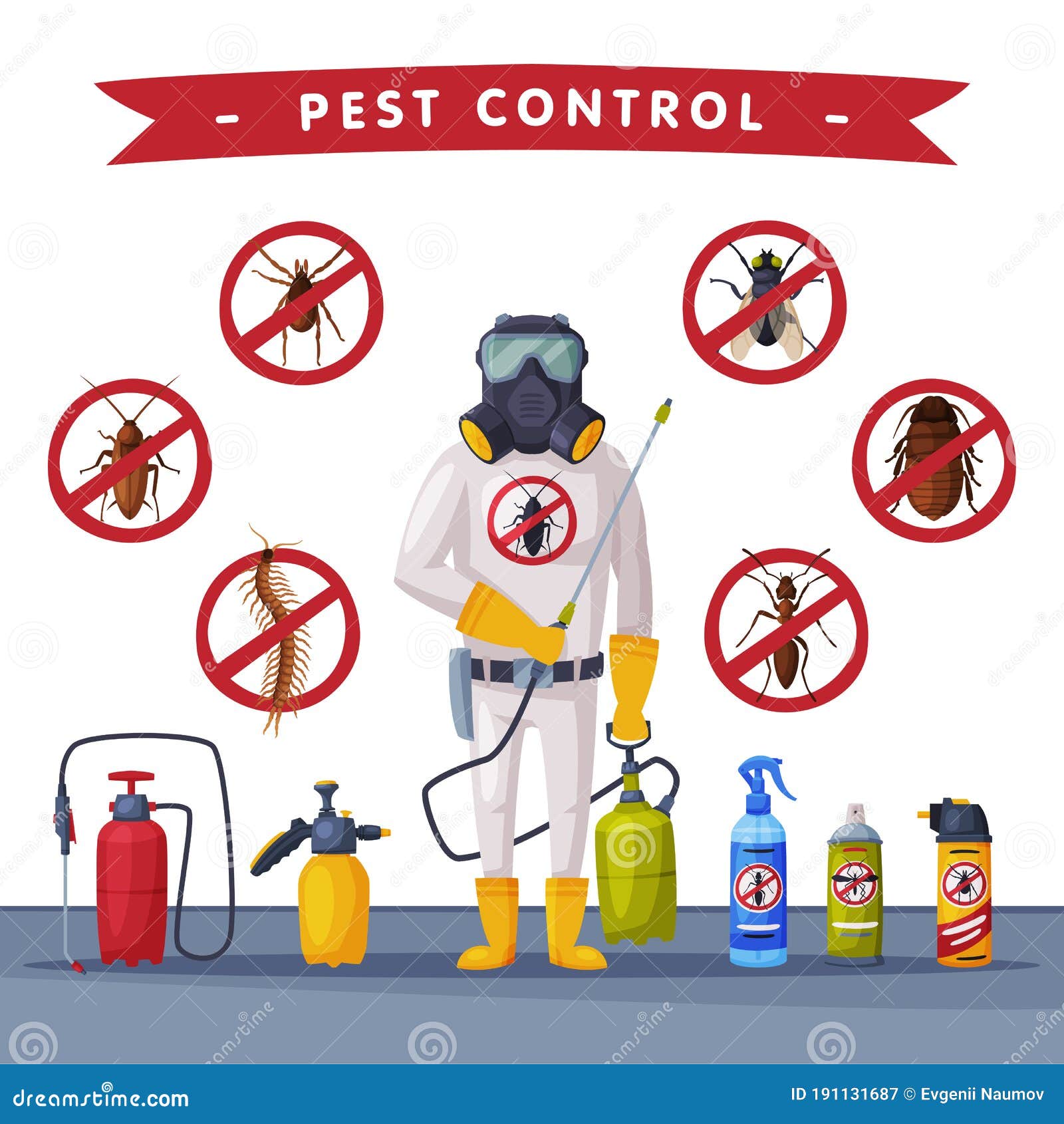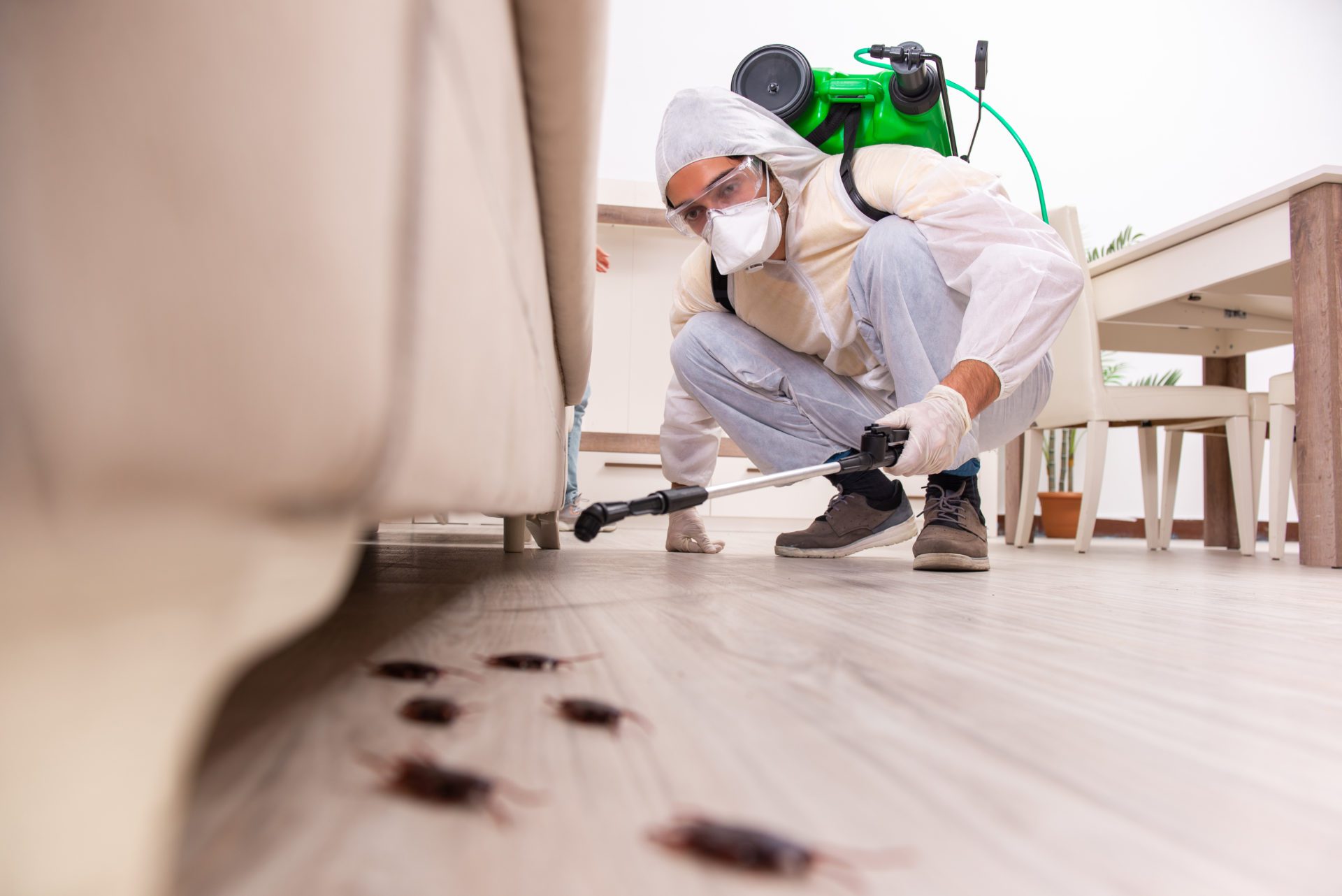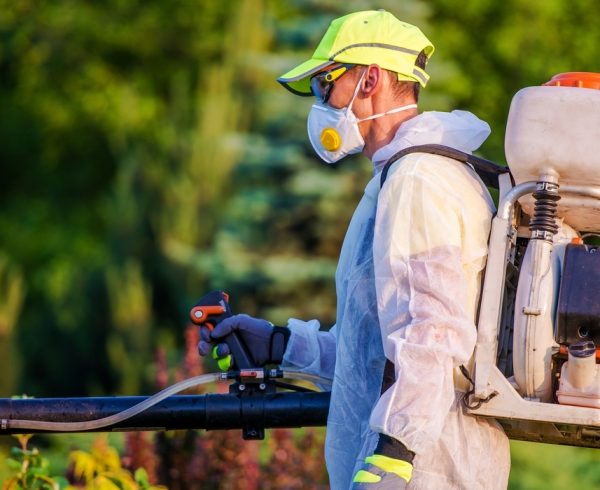Comprehensive Overview to Comprehending Pest Control Approaches and Their Treatment
Comprehending pest control techniques is crucial for effective monitoring of unwanted microorganisms that pose risks to health and wellness, farming, and residential property. What variables should be considered when choosing the proper insect control approach for a specific scenario?
Summary of Pest Control Methods
Insect control methods include a range of methods developed to handle and get rid of undesirable organisms that can damage human wellness, farming, and building. Efficient insect monitoring is essential for preserving the stability of ecosystems and making certain the safety and security of food products. These methods can be broadly classified right into three main approaches: social, mechanical, and biological controls.

Social control includes modifying farming methods or ecological conditions to minimize pest establishment and reproduction. This technique includes crop turning, sanitation, and choosing pest-resistant plant ranges. Mechanical control depends on physical obstacles or tools to stop pest gain access to or straight eliminate them. Examples include traps, nets, and hand-picking unsafe pests.
Biological control utilizes natural predators, parasites, or microorganisms to manage pest populaces. This method stresses ecological equilibrium and can include presenting advantageous pests, such as ladybugs or predacious nematodes, to take care of parasite visibility.
Integrated parasite administration (IPM) incorporates these techniques, making use of an all natural technique that stresses prevention, monitoring, and responsible monitoring. By using a mix of these approaches, insect control can be much more lasting and effective, lessening dependence on chemical treatments while securing human health and wellness and the environment.

Chemical Insect Control Solutions
A selection of chemical parasite control remedies are readily available, giving reliable choices for taking care of pest populations when other techniques might fail. These remedies primarily include pesticides, herbicides, fungicides, and rodenticides, each developed to target details parasites while decreasing harm to non-target microorganisms.
Pesticides are especially efficient against an array of pests, consisting of ants, cockroaches, and termites, and can be classified as contact or systemic representatives. Contact insecticides kill pests on get in touch with, while systemic pesticides are soaked up by plants, making them toxic to insects that feed upon them. Herbicides are utilized to control undesirable vegetation, whereas fungicides are important for taking care of fungal illness that can harm crops and decorative plants.
Furthermore, incorporated parasite monitoring (IPM) principles should be employed, incorporating chemical remedies with cultural, mechanical, and organic techniques for lasting insect control. This all natural strategy not just improves pest management performance however also minimizes prospective ecological impacts linked with chemical use.
Organic Parasite Control Strategies
Biological insect control methods use an eco-friendly choice to chemical approaches by see here using all-natural predators, parasites, or microorganisms to handle insect populations. This approach leverages the ecological relationships between microorganisms, promoting a balanced ecosystem while reducing chemical deposit in the atmosphere.
Among one of the most typical organic control approaches includes the introduction of all-natural opponents. For instance, ladybugs are used to control aphid populaces, while parasitical wasps can target caterpillars and various other bugs. These all-natural predators properly minimize pest numbers without damaging helpful insects.
In addition, microbial representatives such as germs, fungi, and viruses are used to infect and eliminate certain pests. Bacillus thuringiensis (Bt), a normally happening microorganism, is widely used to control caterpillars and other larvae, showcasing the effectiveness of microbial insect control.

Physical and Mechanical Approaches
Regularly employed in incorporated bug administration techniques, physical and mechanical methods act as effective tools for regulating pest populaces without making use of chemicals. These techniques count on physical barriers, traps, and other mechanical gadgets to avoid or get rid of pests, making them environmentally pleasant options.
Physical approaches consist of making use of obstacles such as insect netting, displays, or row covers that physically obstruct insects from accessing plants. This is especially helpful in farming settings where crop defense is crucial. Additionally, habitat adjustment, such as getting rid of particles and standing water, can minimize Read Full Article parasite reproducing websites, thereby lessening infestations.
Mechanical techniques encompass catches, which can be made to capture particular insects. Sticky traps and scent traps are usual instances that tempt and maintain bugs, promoting tracking and control. Vacuuming is one more mechanical technique, efficient for eliminating bugs from indoor atmospheres, specifically in cases of problems.
Preventative Insect Administration Strategies
Reliable preventative insect administration techniques are essential for preserving healthy environments and reducing pest-related concerns before they occur (Pest Control in Port Charlotte, FL). These approaches concentrate on aggressive procedures that reduce the possibility of find out here pest infestations by resolving the source

An additional important method includes proper landscape design techniques (Pest Control in Port Charlotte, FL). Keeping vegetation cut and far from buildings can minimize harborage locations for parasites. Carrying out integrated parasite monitoring (IPM) techniques that consist of keeping an eye on pest populaces and employing organic controls can promote a well balanced ecosystem that normally subdues pest numbers.
Education and training for personnel and residents on acknowledging very early signs of pest activity are also crucial elements of an effective preventative program. By fostering an atmosphere of understanding and vigilance, organizations and house owners can considerably boost their bug administration efforts and secure their spaces against future invasions.
Conclusion
To conclude, effective parasite control needs a complex method that integrates chemical, biological, and mechanical methods. Using an Integrated Parasite Management (IPM) structure allows for the lasting administration of bugs while decreasing eco-friendly effect. Preventative approaches even more improve the efficacy of these methods, making certain long-term protection of wellness, farming, and building. Eventually, a thorough understanding of these varied pest control methods is crucial for attaining successful outcomes in pest administration campaigns.
Comments on “Local Port Charlotte Pest Control Service”